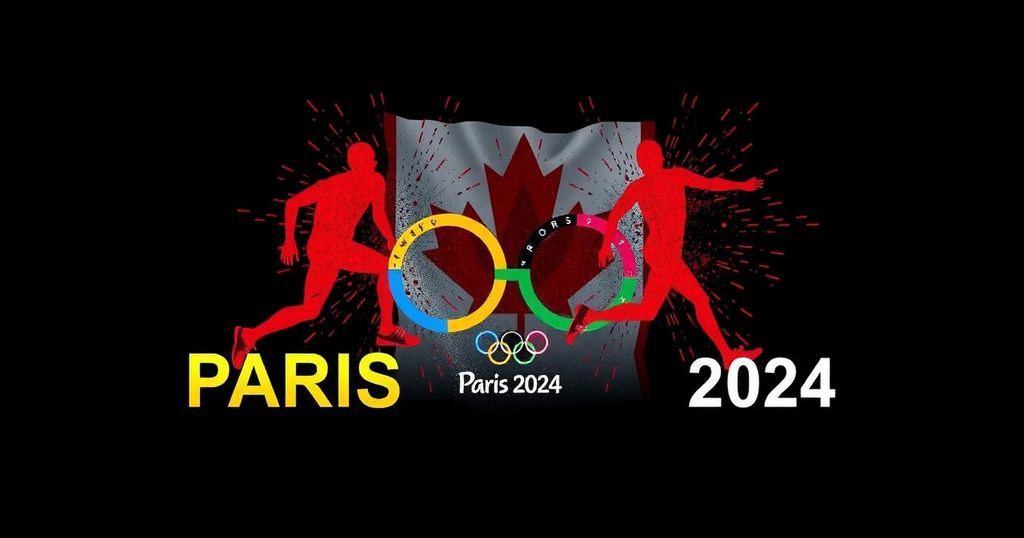Controversy Surrounds Ozempic’s Sponsorship at Paris 2024 Olympic Games
Summary
The 2024 Olympic Games in Paris saw Canadian athletes shine; however, controversy emerged surrounding the sponsorship of the anti-diabetic drug Ozempic. Critics, including journalist Mario Dumont, raised ethical concerns linking state sponsorship with a drug currently facing significant scrutiny for potential serious side effects. Amidst rising popularity and reported shortages, recent studies revealed alarming links between Ozempic and severe health risks, prompting a calls for a reevaluation of such sponsorships.
The 2024 Olympic Games held in Paris captured the attention of Canadians who celebrated the remarkable achievements of their athletes, including Summer McIntosh in swimming, Ethan Katzberg in hammer throw, and esteemed sprinter Andre De Grasse in the 4 x 100 m relay. With Canada securing a total of 27 medals, including nine gold, they finished 12th in the overall standings. The subsequent Paralympic Games saw similar success with Canada again placing 12th and garnering 29 medals, 10 of which were gold. However, the excitement surrounding the Games was overshadowed by controversy involving Ozempic, a state-funded anti-diabetic medication frequently utilized for weight loss. Ozempic appeared prominently as an official sponsor alongside well-known entities like Petro-Canada, Hydro-Québec, and Toyota. This development drew significant criticism, particularly from influential figures such as Mario Dumont, a recognized journalist in Quebec, who expressed apprehension over the connection between the Olympic event and the Ozempic manufacturer, Novo Nordisk. Dumont articulated his discontent by asserting that associating a globally celebrated sporting event with a drug linked to weight loss prompts ethical concerns. Ozempic, which has been available since 2018, has gained massive popularity, reflecting a cultural shift influenced by social media advocates. This enthusiasm has led to shortages of the medication within Canada. In May 2023, its counterpart Wegovy was also approved for weight-management purposes for those diagnosed with obesity. The enthusiasm for Ozempic has, however, been met with serious scrutiny due to alarming side effects revealed in recent studies. Research from the University of British Columbia disclosed a troubling correlation between Ozempic, alongside other weight loss drugs, with severe gastrointestinal complications, including pancreatitis and intestinal obstructions. Furthermore, a study from Harvard University warned of the potential for significant, permanent vision loss linked to the usage of appetite suppressants, exemplifying the troubling implications of the drug’s side effects on public health.
The conversation surrounding Ozempic and its sponsorship of the Olympic Games illustrates the growing scrutiny regarding the commercialization of drugs that are widely used for non-approved purposes. Initially designed as a treatment for type 2 diabetes, Ozempic’s rising popularity for weight loss has created an intricate discourse on the ethical implications of its advertisement in sporting contexts. As healthcare professionals increasingly voice concerns over the potential risks associated with long-term use, the intersection of pharmaceutical marketing and public health policy becomes a focal point for debate.
In conclusion, the inclusion of Ozempic as an official sponsor of the Paris 2024 Olympic Games has stirred controversy, highlighting significant ethical dilemmas. While Canada celebrated its athletes amidst the Olympics and Paralympics, ongoing concerns regarding the adverse effects of Ozempic warrant closer examination. The interplay between pharmaceutical endorsements, public health, and sporting events calls for a reevaluation of sponsorships that may prioritize commercial interests over the well-being of the populace.
Original Source: www.lemonde.fr








Post Comment